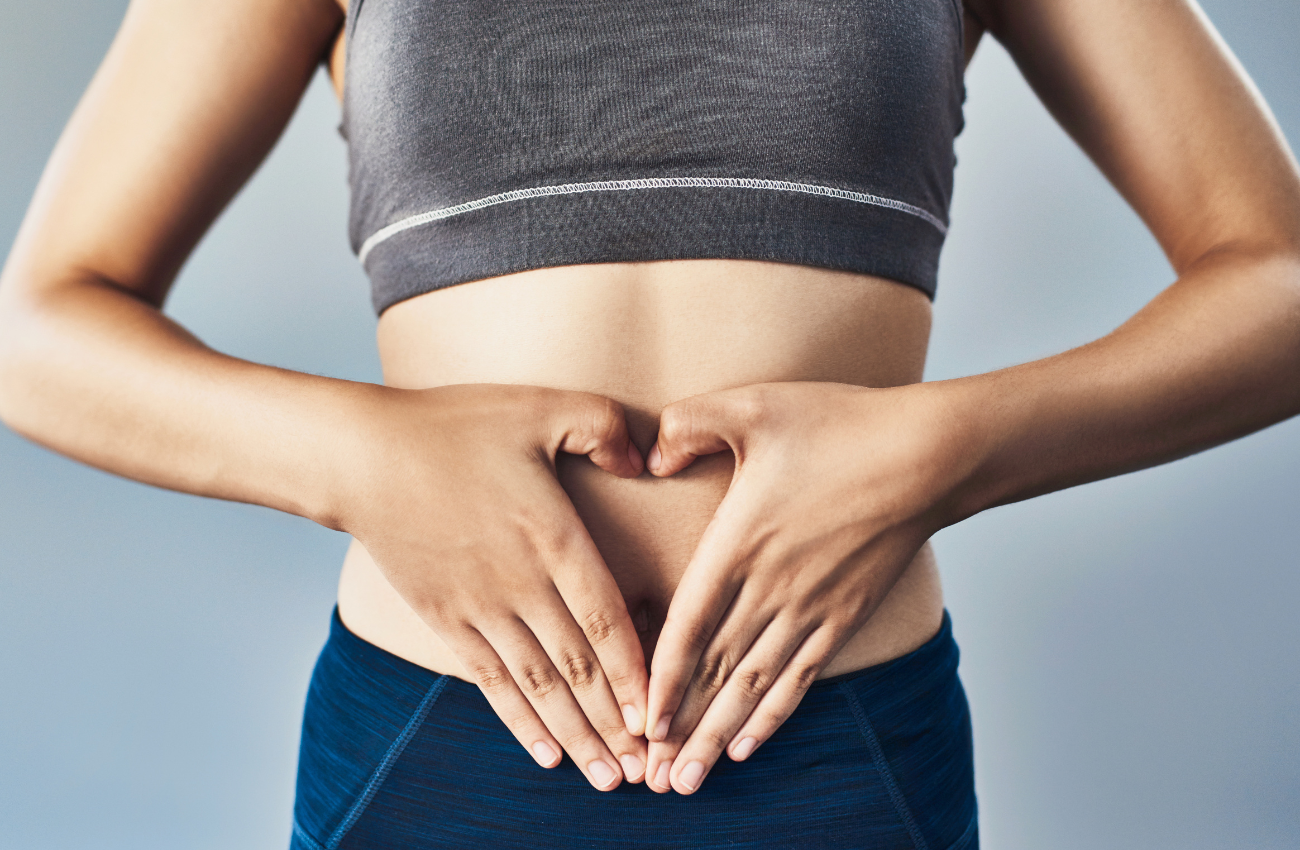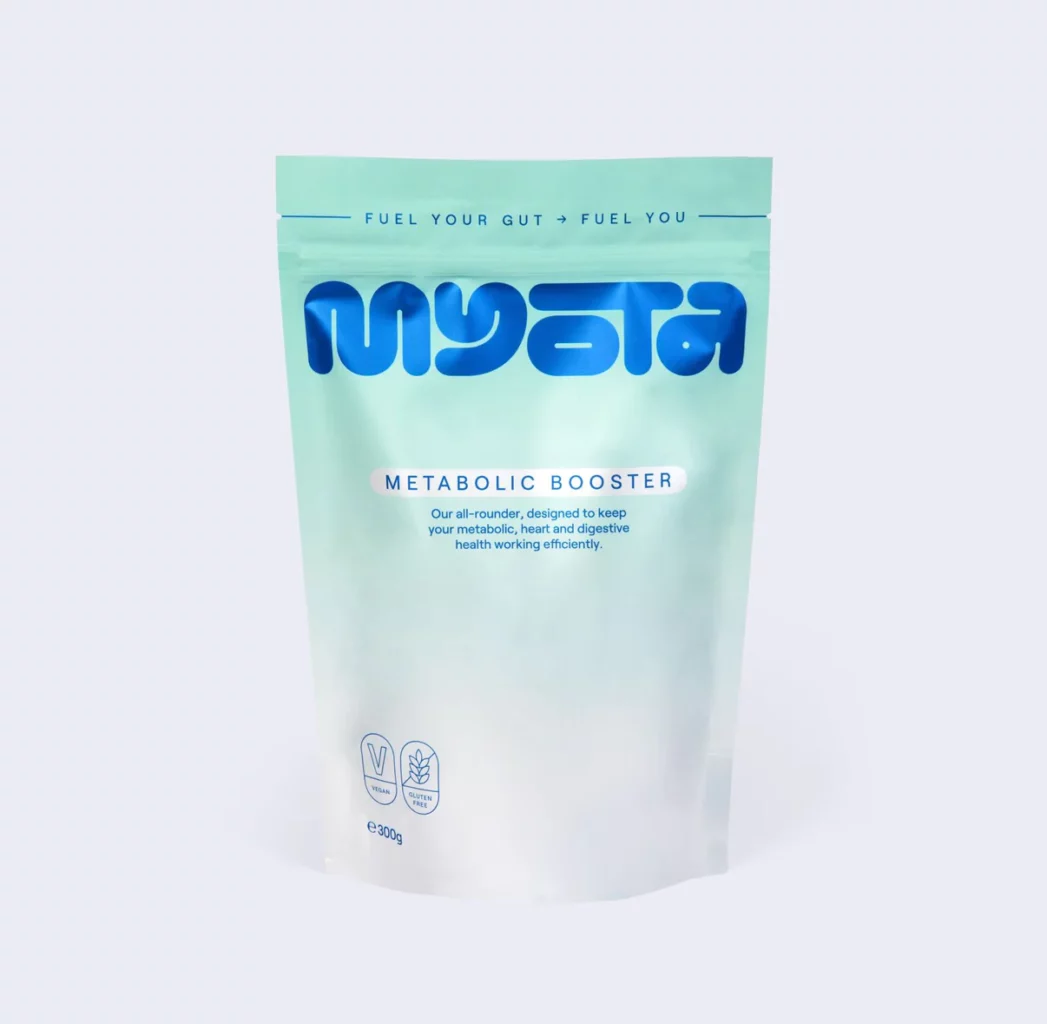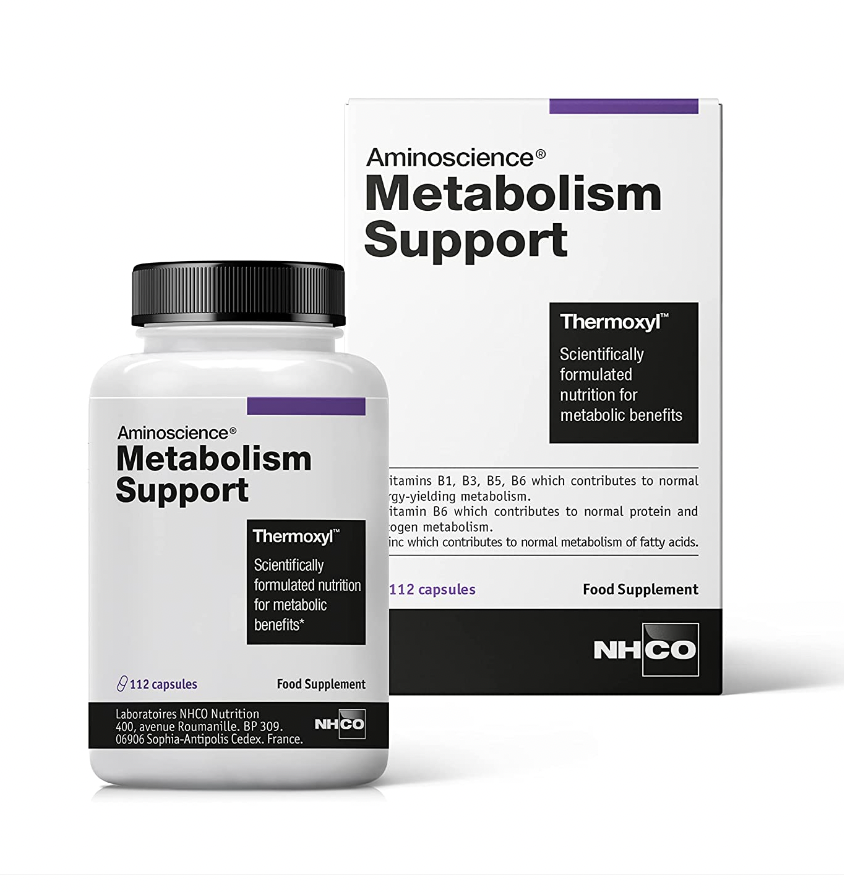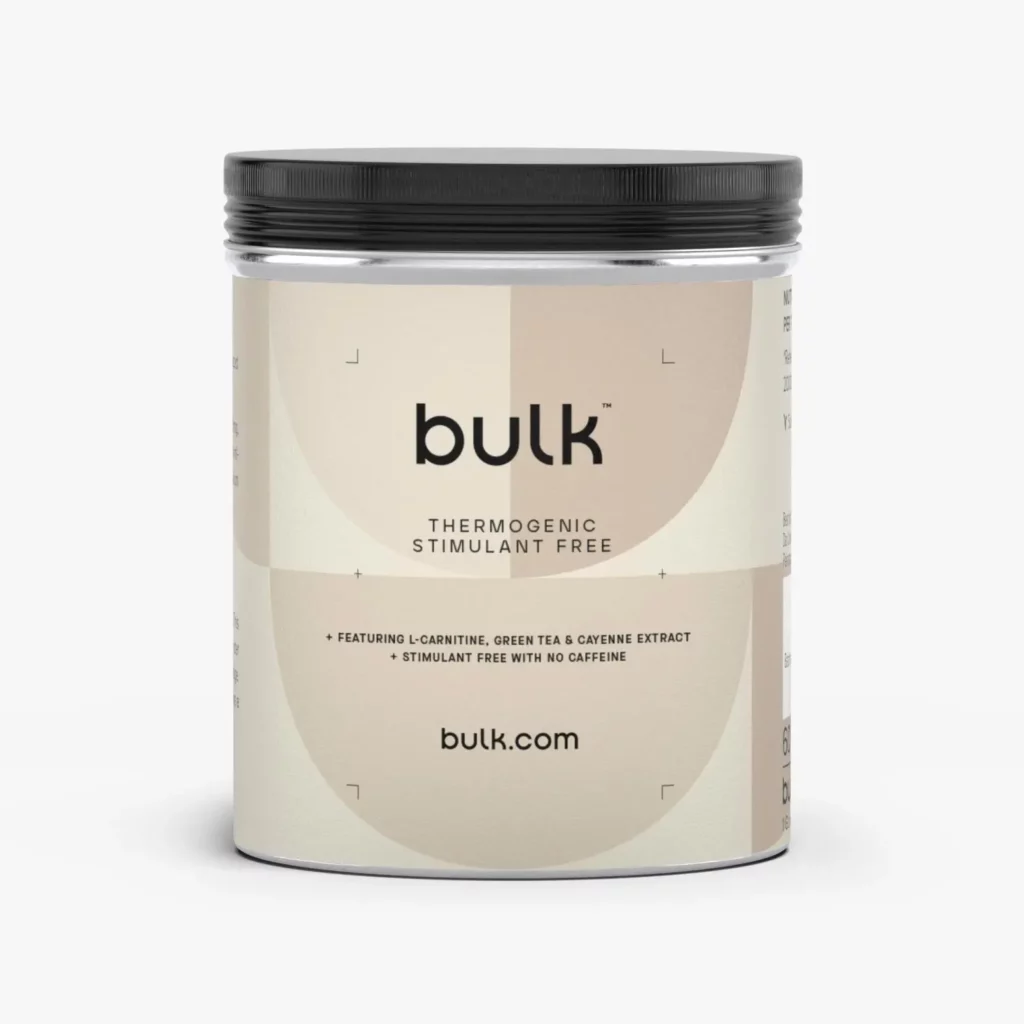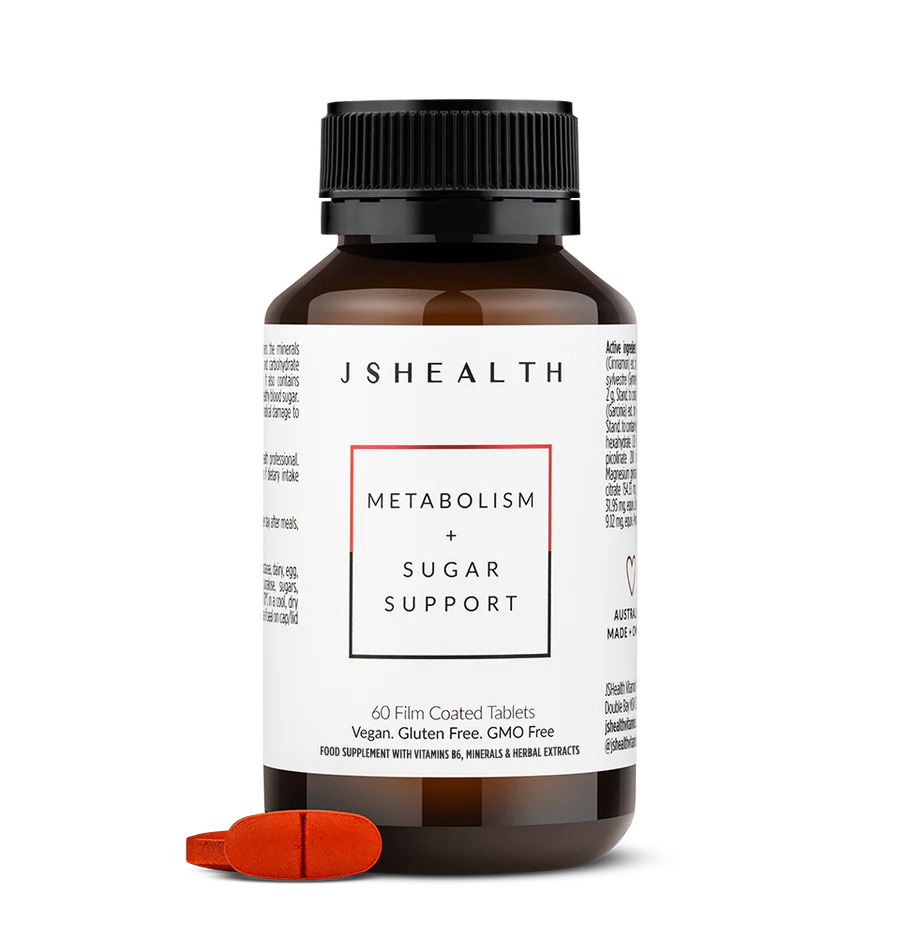Most of us have heard the words ‘slow metabolism’ and ‘fast metabolism’ before without fulling understanding what they meant. Before understanding how to boost your metabolism, it’s worth first finding out what a metabolism actually is and why they differ from one person to another.
What is your metabolism and how does a metabolism work?
To put it in simple terms, your metabolism is the process in which your body turns the food and drinks you eat into energy for your body. Even when at complete rest, your body will be burning calories to keep you alive (warmth, breathing, digesting and all essential body functions). This is also called BMR (basic metabolic rate) and varies from one person to another due to:
- Body size and composition: the more muscle mass you have, the more your body will be burning calories at rest
- Age: as you age, your BMR will naturally slow down as you slowly lose muscle mass
- Sex: women naturally have more body fat and less muscle mass then men due to hormones and this means a slower BMR
Your BMR accounts for about 70% of your metabolism with the rest detailed below:
- Your NEAT (nonexercise activity thermogenisis such as fidgeting, walking etc..) accounts for 15%. This includes all activity which is non intentional exercise (going from A to B, groceries, cleaning the house etc..)
- Your TEF also known as thermic effect of the food you eat accounts for 10%. Certain foods require a lot more energy for your body to digest than others. Foods that are high in protein require the most amount of energy to digest with around 20 to 35%. To put it in simpler terms, 350kcal of protein would require 70-120kcal to digest. Fat on the other hand requires a minimal amount of energy to digest with 0 to 5%.
- Lastly your EAT (exercise activity thermogenisis) accounts for 5% of the total energy your body burns. And although this seems negligible, it’s worth noting that exercise builds muscle mass which in terms boosts your BMR and that accounts for 70% of your metabolism.

What slows down your metabolism?
Several things can slow down your metabolism but for the most part it’s usually down to your BMR. And bottom line is that your BMR can decrease due loss of muscle mass. This loss of muscle mass can be due to age, adopting a more sedentary lifestyle, skimping on protein, lack of sleep and lack of strength training.
Eating too few calories can also be detrimental to your metabolism as your body will sense food is scarce and therefore lower the rate at which it burns calories in order to preserve itself. Obviously if the goal is weight loss, eating in a calorie deficit is essential but try to not go overboard (never eat under 1200 calories a day).
Lastly, an under active thyroid can also slow down your metabolism and cause a range of symptoms from weight gain, fatigue, depression, dry skin and hair. So it’s worth regularly getting your levels checked by your GP to ensure that is not an issue.
Signs you need to boost your metabolism
A sluggish metabolism can usually be quite easy to clock:
- Weight gain: this is the main symptom as your consuming more calories than your metabolism is burning.
- Fatigue
- Poor digestion
- Low mood
- Colder than average body

How to test your metabolism and BMR?
There are many tests which can accurately measure your metabolism such as a direct calorimetry and indirect calorimetry however these are usually used more for research purposes in laboratories and not that easy to access.
Many places offer a complete metabolism check which usually include various tests from blood work to a VO2 max test. These types of tests can cost anywhere from £150 to several hundred pounds.
A more easily accessible, cheaper but less accurate option is a smart scale. These little devices usually connect to your smart phone and go beyond what our usual bathroom scales do. They analyse your body composition including muscle mass, subcutaneous and visceral body fat percentage, water and protein rates. They then make an assumption based on this data as to what your BMR is. We have tested a few scales and smartphone apps and found this one from Amazon to be the best one:
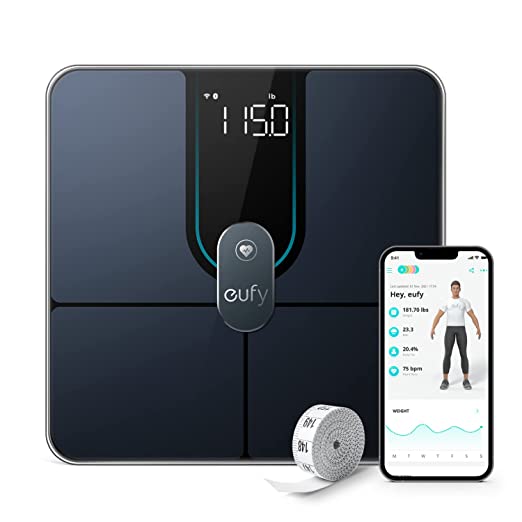
Why do some people naturally have a faster metabolism?
If you have ever had someone tell you “I can eat whatever I want and I never put on any weight”, you know all too well the feeling of envy washing over you. But in reality there’s a very simple reason why these individuals will have a fast metabolism and high BMR. They have a higher muscle mass than you and this accounts for a big part of the equation. They may be younger, get better sleep, males and have a high energy expenditure in their day to day for example. Which is why if you have an office job, you cannot compare yourself to someone who works construction on their feat, walking and lifting in the cold weather all day. This is merely an example but several lifestyle factors such as your job, parenthood or hobbies can have an impact.
Lastly, genetics do play a part as well and unfortunately not much can done about this. Researchers are still looking into genetic factors that determine weight. The FTO “fat mass and obesity” gene for example seems to cause a predisposition for increased food intake and may be important for determining the type of fat our bodies store. Your gut microbiome could also play a part in your metabolism with more and more research pointing at the fact that individuals with a more varied and healthy gut flora will tend to have a faster metabolism. A relatively new procedure called FMT (fecal microbiota transplantation) from a lean donor has shown promising results although is not yet widely offered.

How to raise and improve your metabolism?
The human body can be quite complex and what works for one person may not work for another. This is because of different ages, sex, lifestyle habits etc.. However there are a few things you can try to boost your metabolism.
Metabolism boosting exercises
We know you probably don’t want to hear this but exercise is hands down the most important thing you can do to get your metabolism back on track. This is because as explained above, your BMR is crucial for weight loss and building muscle mass will increase this BMR. If you’re the type of person who exercises regularly but only tends to stick to cardio, try adding some weight lifting into your exercise routine. Ideally you’re going to want to do some weight lifting mixed in with some form of cardio during the week. You want to build your muscle mass and maintain this muscle mass in the long run. Your gym may be equipped with smart scales which really help keep track of this but you should also be able to notice the difference with your own eyes overtime.
The key to sticking to an exercise routine is finding something you enjoy or at the very least, don’t mind. This is going to make it easier to motivate yourself. So try different classes and forms of exercise, different online videos or even different playlists you enjoy to keep yourself on track.
Lastly, if your gym has a sauna, particularly an infra-red sauna, several studies have shown a couple of 15 minute sessions per week can really help boost your metabolism. In fact, a 2018 study has shown that your metabolic rate can increase by around 30% for up to an hour after a sauna session.
Metabolism boosting foods
Some foods have been shown to have a positive impact on your metabolism. Protein-rich foods for example are great because they will not only help you build your muscle mass hereby increasing your BMR, proteins rich foods also require a lot more energy to digest. Here are some protein rich foods which are easy to incorporate into your diet but remember you can also supplement this with protein powders:
- Eggs
- Dairy: natural greek yogurt
- Nuts & peanuts
- Meat: chicken, turkey, beef
- White fish
Foods rich in Capsaicin likes Chilies can also boost your metabolism by slightly increasing the rate at which your body burns calories. In fact many recent studies have shown that Capsaicin supplements (or Cayenne Pepper) can help you burn an extra 50 calories per day.
Now finally some good news for coffee lovers! Caffeine may help increase your metabolic rate. Several studies have shown that drinking 3 cups of coffee per day can help you burn up to an extra 100 calories per day. The caveat being that you should drink black coffee as coffees mixed in with milk and sugar would be counterproductive. It’s also worth noting that caffeine can increase your cortisol levels (stress hormone) and if you’re naturally prone to stress, this can actually have the opposite effect and lead to weight gain in certain individuals.

Benefits of protein to boost your metabolism
To put it in simpler terms, proteins are essential to your body for building muscle mass. And a good muscle mass will boost your metabolism. Proteins also require a lot of energy from your body to digest which means you will increase your TEF also known as thermic effect of the food and this accounts for 10% of your overall metabolism.
Lastly, protein rich foods will help you keep fuller longer so you can expect less cravings throughout the day.
Metabolism boosting habits
The worse thing you can do for your metabolism is what is called yoyo dieting. This means going through phases of extreme dieting and calorie counting to phases of binge eating of sweet and processed foods. Instead, try going for a more steady approach to food by focusing on nutritious food and balanced meals at regular intervals. If your aim is weight loss, try opting for the 5: 3.5: 1.5 ratio (50% carbs, 35% protein and 15% fat). Reducing the amount of processed food and refined sugar you consume is very important to a healthy metabolism, particularly as you get older.
A good nice sleep is also crucial to a healthy metabolism. Poor sleep leads to a rise in your cortisol levels which in turn can lead to a sluggish metabolism and weight gain. The rest you get at night not only helps your brain resist the pint of Ben & Jerry’s during the day, it’s also a very much needed pause during which your muscle tissues will repair themselves and grow. Need help getting a good night sleep? Then check out our article on Women’s Sleep Tips: How to Fall Asleep Faster & Sleep Better.
Reducing stress is something we could all focus a bit more time on. Busy lives, jobs, parenthood and relationships are all big contributors to elevated cortisol levels which in turn increase fat storage (particularly around the hips and stomach area). Here are some top tips to reducing stress:
- Try spending more time outdoors: going on long walks can help reduce stress, improve mental health, improve your cardiovascular health and much more. If you’re lucky enough to have a small garden or balcony, gardening is also great at reducing stress.
- Meditation: there’s nothing quite like meditation to help reduce stress. You can start with guided meditation or even take classes if you struggle with sitting still. Many people struggle with meditation because they believe you are meant to empty your mind but there’s a lot more to meditation than that.
- Yoga and exercise: low impact exercise such as yoga, walking or pilates greatly decreases your cortisol levels. Try incorporating this to your routine on a daily basis even if you can only manage a few minutes.
- Sleep: get a good night sleep by unplugging before bed time, going to sleep and waking up at the same time each day, making sure your bedroom is cool etc.. (READ MORE: Women’s Sleep Tips: How to Fall Asleep Faster & Sleep Better.)
- Unplugging: being on our devices and screens all day jumping from working on our laptops, to answering a call from our boss and answering emails before we go to bed can greatly increase cortisol. Setting aside some time each day for you where you are not near your phone or computer and completely unplugging can be a great relief.
- Therapy: if stress is really affecting your everyday life, then speaking to a therapist about it can also be very healing. Reach out to your GP for referrals or even go down the online therapy route which tends to be more affordable.
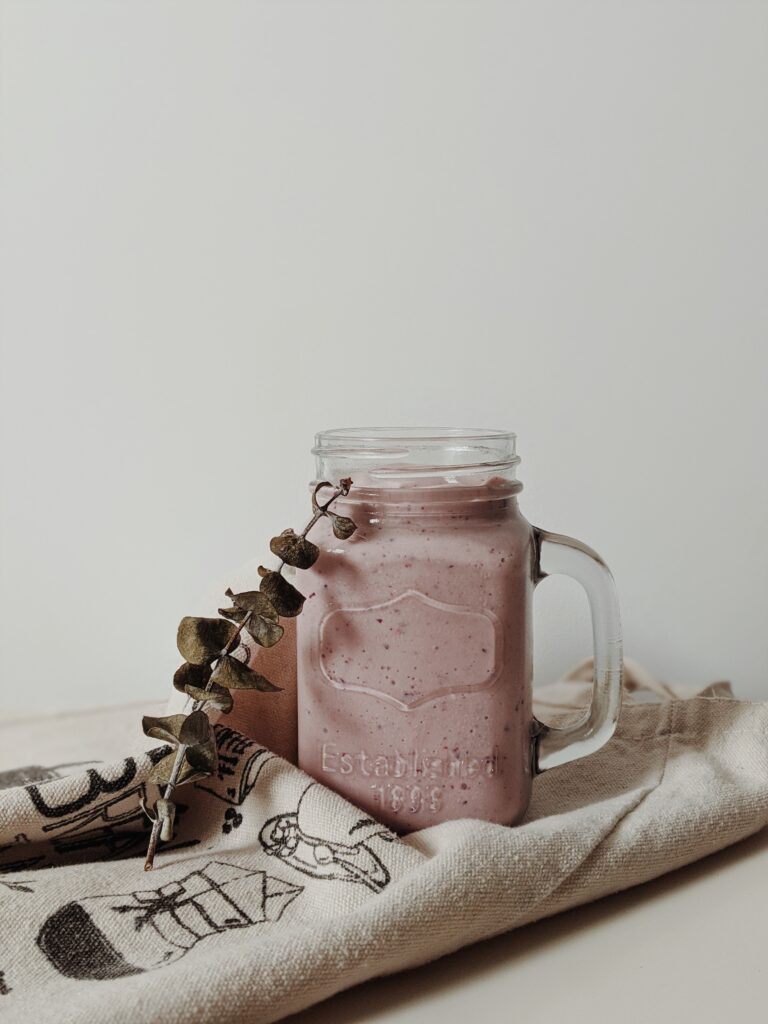
Best supplements to boost your metabolism
With so many metabolism boosting supplements on the market, it can be quite hard figuring out which supplement can really help boost your metabolism and which ones are money down the drain. We have compiled a list of the best metabolism boosting supplements to get you on the right track:

